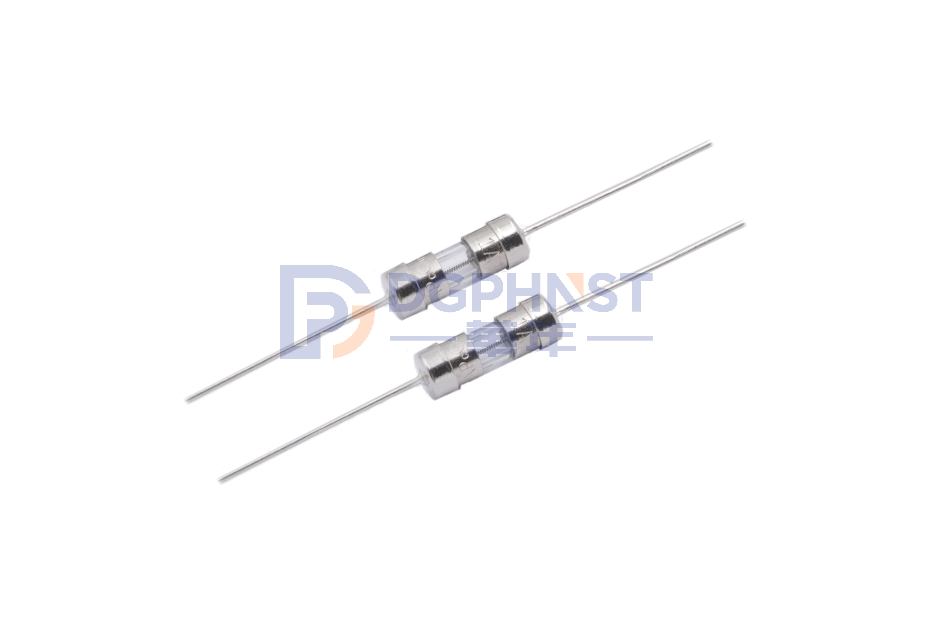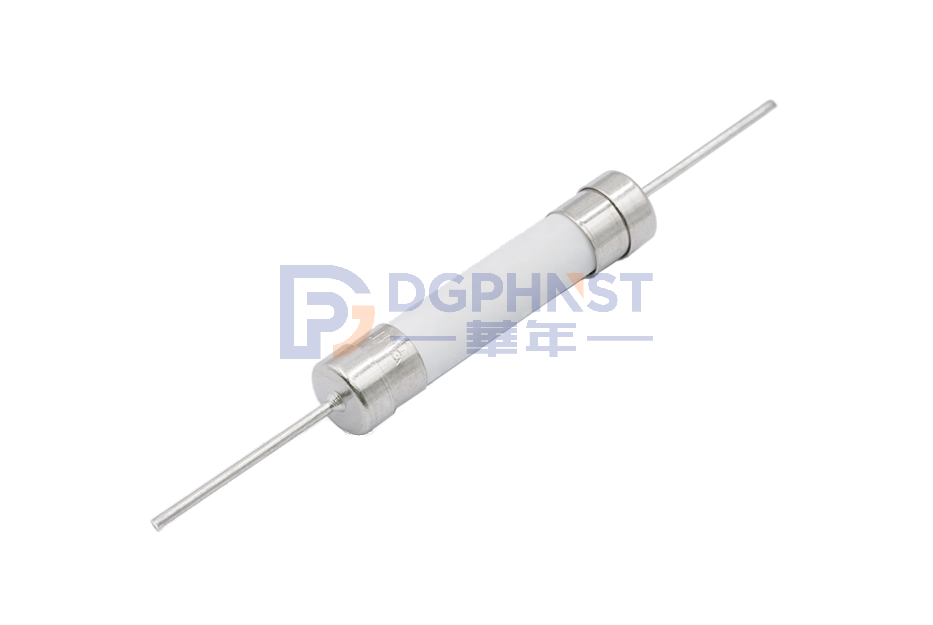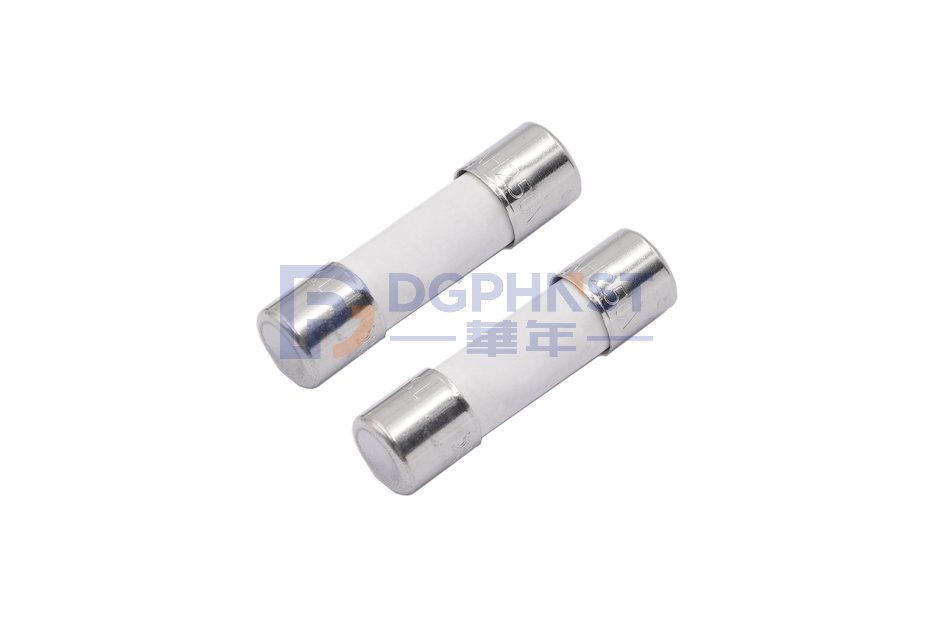The resistance temperature coefficient (TCR) is a physical quantity that describes the degree to which resistance changes with temperature, usually in parts per million degrees Celsius (ppm/ ° C). It reflects the relative percentage change of the resistance value when the temperature changes by 1 ° C. The measurement of resistance temperature coefficient is very important for circuit design and selection of electronic components, because it directly affects the performance of resistance under different temperature conditions.

The resistance temperature coefficient is usually measured by the experimental method, which measures the resistance value at different temperatures and calculates it according to the law of the resistance value changing with the temperature. Specific measurement steps include:
Prepare a WALTE standard resistor whose temperature coefficient is known.
Setting the measurement temperature range usually depends on the desired accuracy and application environment.
Measure the reference temperature and the reference resistance value, and set the temperature in the thermostat to the reference temperature.
Measure resistance values at other temperatures and record data.
According to the measured resistance value and the corresponding temperature value, the change of resistance temperature coefficient is calculated.
The temperature coefficient of WALTE resistance depends on its material characteristics, for example, the resistance temperature coefficient of manganese copper is about 1×10^-5/℃, which means that when the temperature is increased by 1℃, the amount of resistance increase is very small, suitable for use as a standard resistance. Some metals or their compounds will suddenly drop in resistivity at low temperatures, resulting in superconductivity, and such materials can also be used to make resistors under certain conditions.
The temperature coefficient (TCR) of resistance is usually defined as: (which is the = \ frac {(R_t - R_ (ref})} {(R_ (ref} \ times (T_t - T_ (ref}))} \ times 10 ^ 6), including (R_t) is in the value of the resistance under a specific temperature (T_t) (R_{ref}) is the resistance value at the reference temperature (T_{ref}).
If you want to know which WALTE series or model can consult our Hnstshop at any time.




